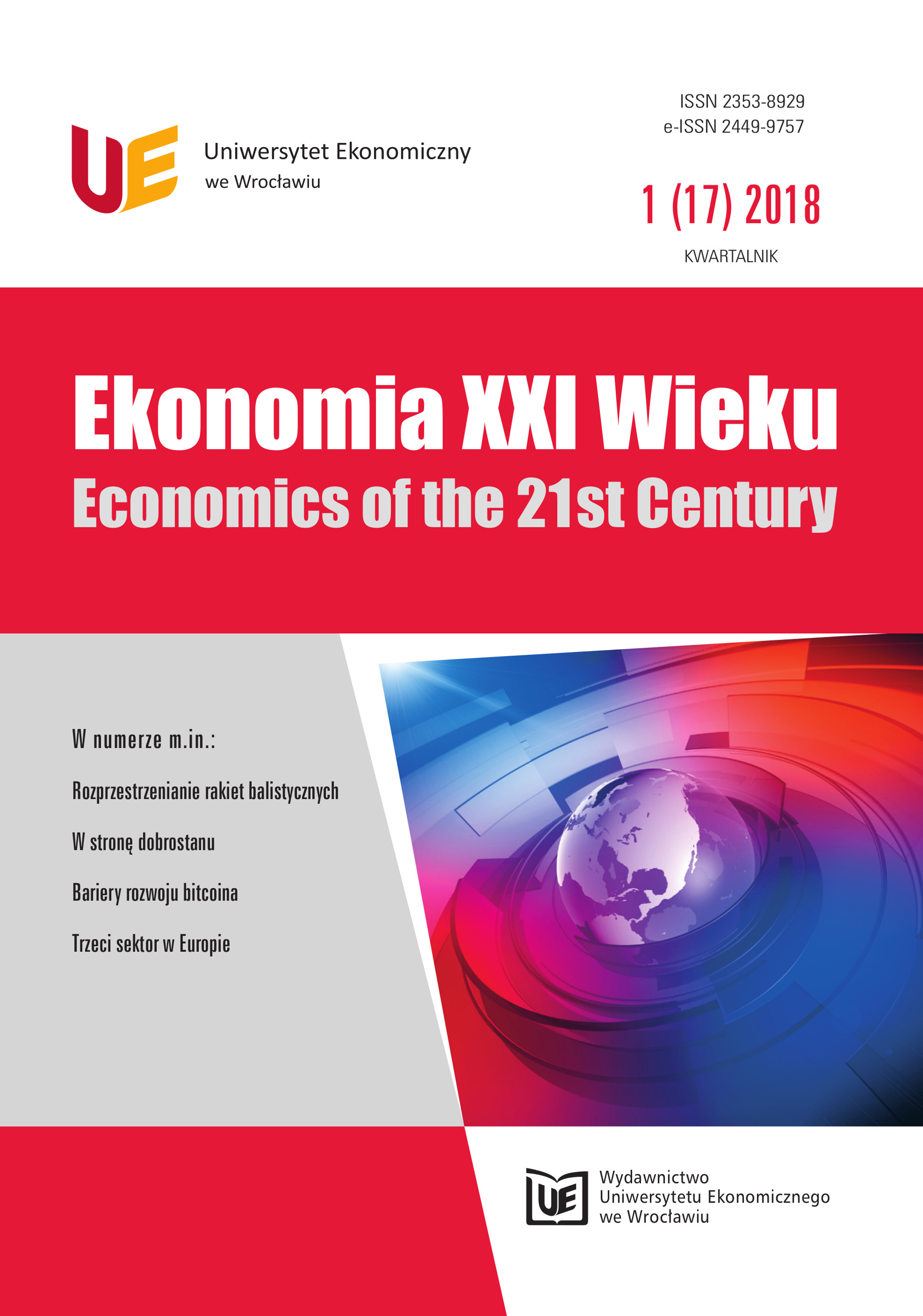Rozprzestrzenianie rakiet balistycznych – przyczyny i skutki dla bezpieczeństwa międzynarodowego
Proliferation of ballistic missiles – reasons and results for international safety
Author(s): Tomasz SzulcSubject(s): Economy, Security and defense, Military policy
Published by: Wydawnictwo Uniwersytetu Ekonomicznego we Wrocławiu
Keywords: international security; ballistic missiles; proliferation;
Summary/Abstract: Proliferation of ballistic missiles has a strong impact on local military balance and arms race. On the other hand it is difficult to assess this process as both: supplier and end user are usually reluctant to disclose details of the deal or even to confirm it. The very first case of proliferation of missiles and missile technology was a transfer of Nazi Germany’s assets to countries of winning coalition. First ballistic missiles test fired by both superpowers were just German made items. Later a number of countries purchased ballistic missiles and then launched the production of their clones. Consequently more powerful missiles were developed on this base. For developing countries the introduction of ballistic missiles is a simple way of increase of military power and gaining prestige. At the same time the procurement of ballistic missiles by one country often forces its neighbors to look for similar weapons. Furthermore, the introduction of ballistic missiles may extend the “radius of fear” caused by unpredictable/unstable countries and substantially reduce the reaction time in the case of emergency making the world less safe and predictable. An attempt to slow down the process of proliferation of ballistic missiles was made in 1987, when G-7 countries reached an informal political understanding called Missile Technology Control Regime (MTCR) which bans sale of ballistic missiles with a range of more than 300 km with 500 kg of payload. However, MTCR is not a treaty and does not impose any legal obligations on its members. Currently 35 countries decided to follow the rules of MTCR. The presentation of information concerning proliferation and goals of both suppliers and end users should help in the proper understanding of the background of arms race, particularly in developing countries. Comprehensive data about the stocks of ballistic missiles in these countries makes understanding of its ties and activities much easier.
Journal: Ekonomia XXI Wieku
- Issue Year: 2018
- Issue No: 17
- Page Range: 102-115
- Page Count: 14
- Language: Polish

